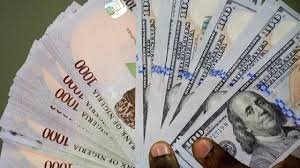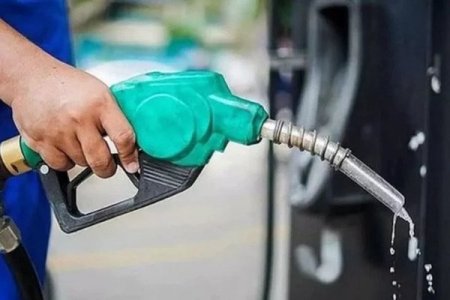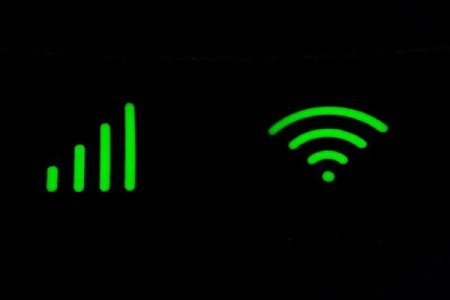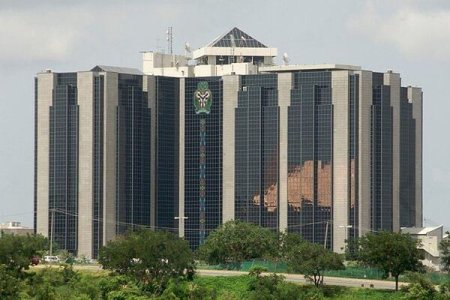
In a surprising turn of events, the Nigerian naira witnessed a remarkable appreciation against the U.S. dollar in the parallel section of the foreign exchange market. On Friday, the local currency soared by N145, marking a substantial increase of 12.24 percent, reaching the impressive exchange rate of N1,040 per dollar. This significant surge comes just days after the naira was trading at N1,185 on Tuesday, indicating a notable positive shift in the forex market.
Bureau De Change (BDC) operators in Lagos reported a buying price of N1,000 for the dollar, with a selling price of N1,040, leaving a tidy profit margin of N40. Traders, like Aliyu, attributed the boost in transactions to this favorable rate, signifying renewed investor confidence in the local currency's performance
However, a different story unfolded at the investors and exporters (I&E) window of the official market. There, the naira experienced a modest decline of 0.92 percent, falling to N793.28 per dollar, in contrast to the N786.02 it traded at just two days earlier. Data from FMDQ Securities Exchange, the platform overseeing FX trading in Nigeria, revealed an interesting range for the naira's performance, reaching a record intra-day high of N1,018 per dollar and a low of N730.
The most noteworthy consequence of this appreciation in the black market is the significant reduction in the exchange rate gap between the parallel market and the official window, narrowing the gap to N246.72. This development is being viewed with optimism by both traders and investors, as it points towards a possible convergence in the two markets, fostering a more stable forex environment.
This turn of events coincides with the Central Bank of Nigeria's (CBN) recent efforts to clear the foreign exchange (FX) forwards backlog within the banking sector. The move is seen as a proactive measure to address the depreciation of the naira, which had been attributed to overdue forward payments as mentioned by the Minister of Finance, Wale Edun, on September 22.
The appreciating naira, though experienced in the parallel market, holds the potential to influence the broader forex landscape, as traders and investors continue to monitor this positive shift with anticipation. This change may well indicate a step towards economic stability and growth in Nigeria's financial sector.





